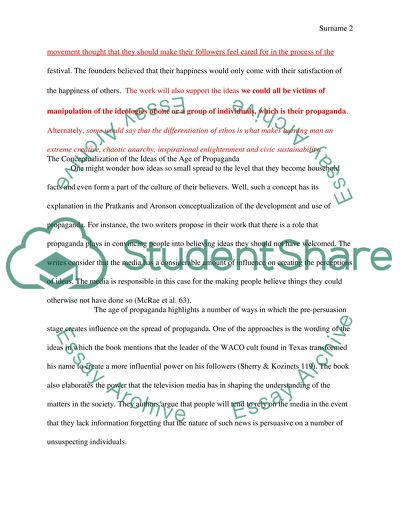Cite this document
(“Burning Man Research Paper Example | Topics and Well Written Essays - 2250 words”, n.d.)
Retrieved from https://studentshare.org/english/1690821-burning-man
Retrieved from https://studentshare.org/english/1690821-burning-man
(Burning Man Research Paper Example | Topics and Well Written Essays - 2250 Words)
https://studentshare.org/english/1690821-burning-man.
https://studentshare.org/english/1690821-burning-man.
“Burning Man Research Paper Example | Topics and Well Written Essays - 2250 Words”, n.d. https://studentshare.org/english/1690821-burning-man.


